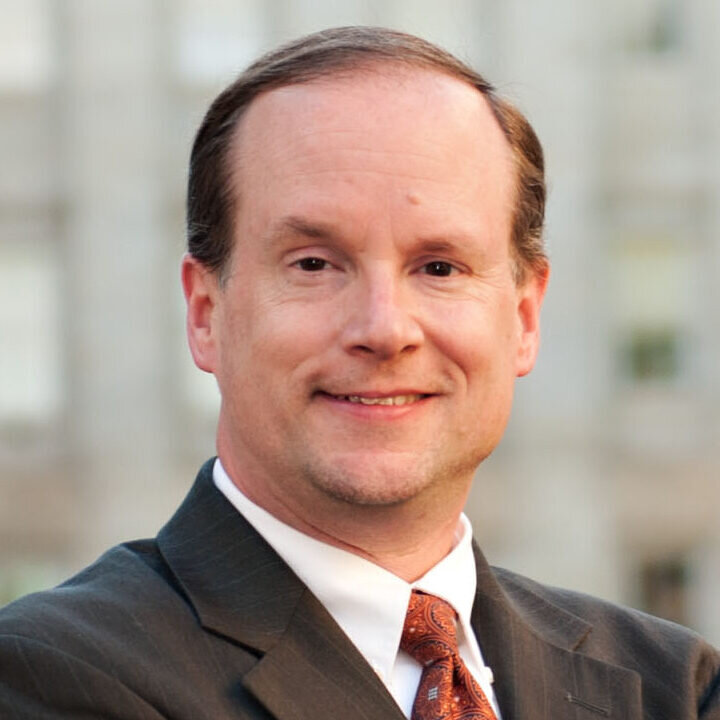by John Hood

North Carolina Gov. Roy Cooper has just been reelected. It’s an outcome his two immediate predecessors, Democrat Bev Perdue and Republican Pat McCrory, were unable to accomplish.
A sweet as that victory must taste to the governor and his team, his ability to convert the ballots North Carolinians cast in 2020 into policy achievements will be limited unless he alters his approach to the job.
Like it or not, our state’s constitution divides policymaking authority. North Carolina doesn’t have a unitary executive. Ten separately elected officials form the Council of State. None, including the governor, possesses as much power as the legislative branch. Indeed, many of the duties and powers of those elected executives are grants of authority by the General Assembly. They aren’t specified by the constitution.
North Carolina’s governors have long been ranked among the weakest in the country when it comes to formal powers, even after they obtained the veto and the ability to serve more than one term. It is by filling key jobs, preparing state budgets, and exercising the informal powers of agenda-setting and persuasion that governors have most effectively left their mark on public policy.
While a win is a win, and Cooper is viewed more favorably than unfavorably by most voters, he did not achieve the impressive electoral mandate many predicted before the balloting, when most opinion surveys had him ahead of Republican nominee Dan Forest by double digits.
At this writing, Cooper has won 51.5% of the 2020 vote, up from 49% in 2016. His 4.5-point margin of victory is obviously an improvement on his .2-point sliver of a win four years ago. But it is smaller than the margins won by State Treasurer Dale Folwell (5.2 points) and Agriculture Commissioner Steve Troxler (7.8 points), both Republicans.
More importantly, Cooper will continue to face Republican majorities in the General Assembly — larger in the House, slightly smaller in the Senate — and won’t have like-minded executives in posts such as state superintendent of public instruction. Most counties in North Carolina are still governed by Republican commissions, as well, although most of the populous urban counties now have Democratic boards.
As for North Carolina’s judicial branch, increasingly the site where our most-contentious policy battles are being fought, Republicans won all five Court of Appeals seats on the ballot this year, plus at least two of the three Supreme Court contests. Inviting and then settling collusive lawsuits to force policy changes on a unwilling legislature, a play Cooper and his allies have used in the past, no longer seems like a slam dunk.
If experience is any guide, the governor can’t count on the political situation shifting in his direction two years from now. With few exceptions, midterm elections tend to move against the party occupying the White House. And there will be no preexisting Democratic majorities in the legislature to redraw the electoral maps even modestly in their direction.
Naturally, I’m far from the only person to list Cooper’s challenges and conclude that his best course over the coming months is to look for reasonable accommodations with Republicans (who face a similar reckoning with reality about their ability to enact new policies over gubernatorial vetoes).
However, some of the potential deals I’ve heard around the state capital in the past few days strike me as highly improbable. The General Assembly isn’t going to give Cooper Medicaid expansion, for example. To GOP lawmakers, the issue isn’t just one of how best to score “free” money from Washington. It is question of philosophy. Given that most new Medicaid recipients would be able-bodied, childless adults, conservatives think such a direct handout would be unwise and unfair, regardless of how it might be financed.
The best subject for negotiation, it seems to me, is the state budget. Cooper and the legislature can and should hammer out a deal on school funding, public-employee pay, and coping with the COVID recession. Both sides will have to give ground. That’s the policy outcome the voters chose this year.
John Hood (@JohnHoodNC) is chairman of the John Locke Foundation and appears on “NC SPIN,” broadcast statewide Fridays at 7:30p and Sundays at 12:30p on UNC-TV.
